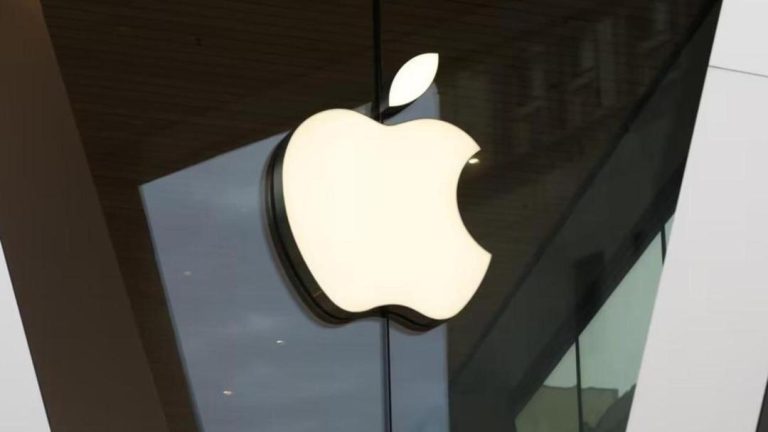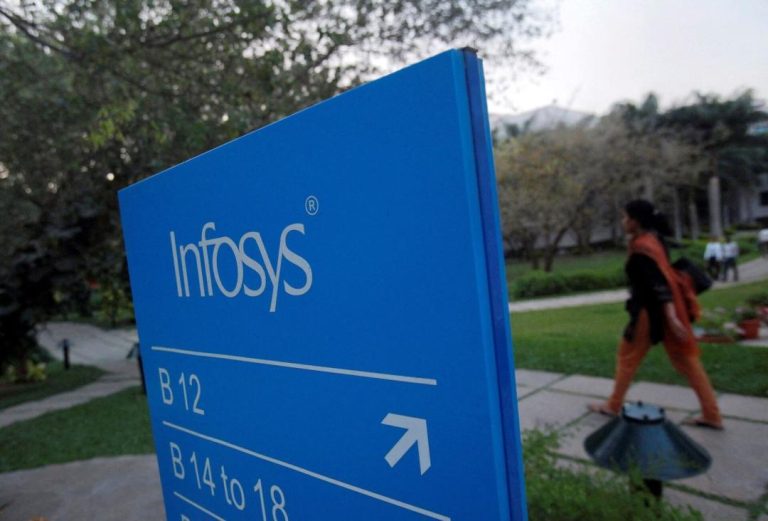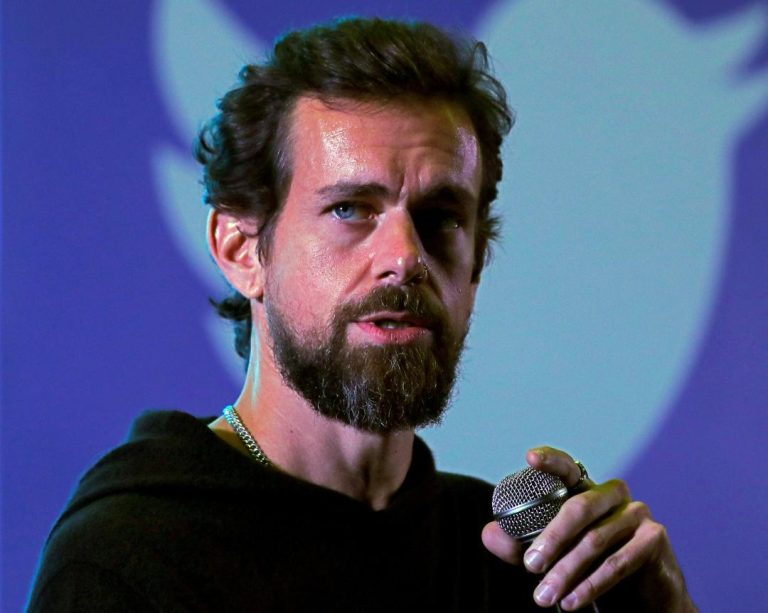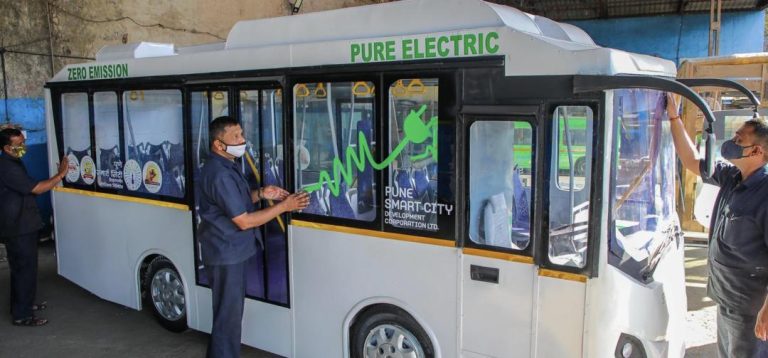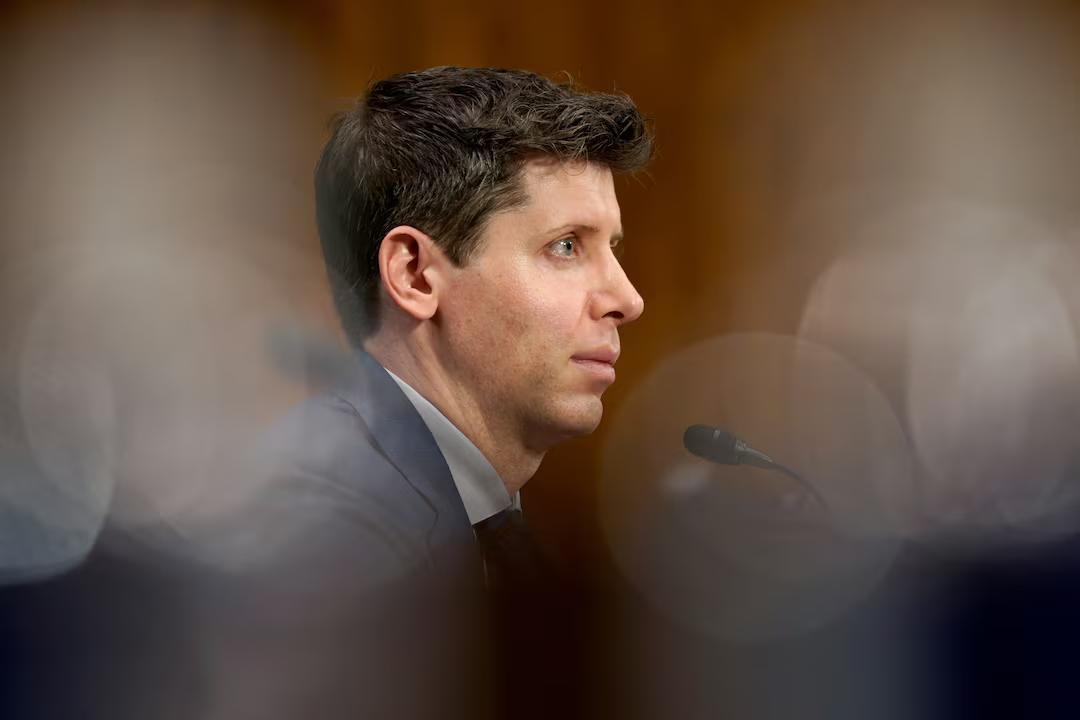
OpenAI Poaches AI Talent from Meta & Others After Meta’s Poaching: Report
The world of artificial intelligence (AI) has been witnessing a series of high-stakes moves in the talent poaching game. The latest development in this saga is OpenAI, the maker of the popular AI chatbot ChatGPT, poaching top AI talent from Meta, xAI, and Tesla. This move comes as Meta continues to poach AI talent from across the tech industry, making it a game of cat and mouse between the two giants.
According to a report by WIRED, OpenAI has hired four high-profile engineers from Meta, xAI, and Tesla to join its scaling team. The four engineers are David Lau, a former Vice President of Software Engineering at Tesla; Uday Ruddarraju, the ex-Head of Infrastructure Engineering at xAI; Mike Dalton, an xAI engineer; and Angela Fan, a researcher at Meta AI.
This development is significant because it marks a reversal of the talent poaching game between OpenAI and Meta. Meta has been actively poaching AI talent from various companies, including Google and NVIDIA, to boost its own AI capabilities. OpenAI’s decision to poach talent from Meta and other rivals is a clear indication that the company is determined to stay ahead in the AI race.
OpenAI’s scaling team is responsible for developing and improving the company’s AI models, including the popular ChatGPT. The addition of these four engineers to the team is expected to accelerate the development of new AI models and improve the performance of existing ones.
David Lau, the former Tesla VP of Software Engineering, is known for his expertise in developing autonomous vehicle software. His addition to OpenAI’s scaling team is expected to bring significant expertise in this area. Uday Ruddarraju, the ex-xAI infrastructure engineering head, has experience in designing and building large-scale AI systems. Mike Dalton, the xAI engineer, has expertise in machine learning and natural language processing. Angela Fan, the Meta AI researcher, has a strong background in deep learning and computer vision.
The poaching of these four engineers is a significant blow to Meta, which has been investing heavily in AI research and development. Meta’s AI division has been working on various AI projects, including the development of AI-powered chatbots and virtual assistants. The loss of these four engineers is expected to disrupt Meta’s AI plans and delay the development of its AI projects.
The competition between OpenAI and Meta is not limited to talent poaching. Both companies have been engaged in a series of public spats over the past year, with each company accusing the other of stealing its ideas and intellectual property. OpenAI has accused Meta of copying its AI models and using them for its own projects. Meta has denied these allegations, but the tension between the two companies is palpable.
The poaching of AI talent from Meta and other rivals is a clear indication that the AI industry is becoming increasingly competitive. As AI becomes more pervasive in our daily lives, the need for advanced AI models and technologies is increasing. Companies like OpenAI and Meta are racing to develop the most advanced AI systems, and the poaching of talent is just one of the ways they are trying to stay ahead of the competition.
In conclusion, the poaching of AI talent from Meta and other rivals by OpenAI is a significant development in the AI industry. The addition of these four engineers to OpenAI’s scaling team is expected to accelerate the development of new AI models and improve the performance of existing ones. The competition between OpenAI and Meta is far from over, and the poaching of talent is likely to continue in the coming months.
Source
